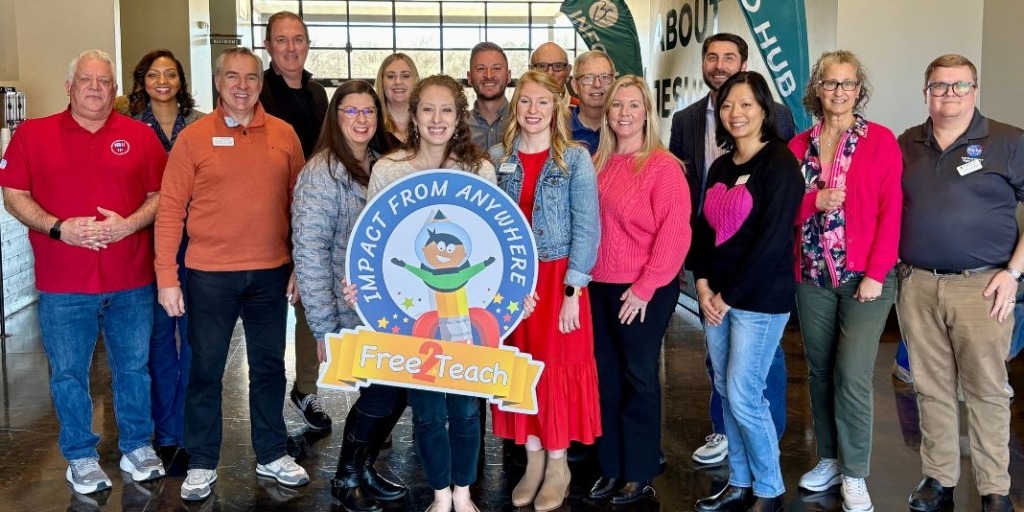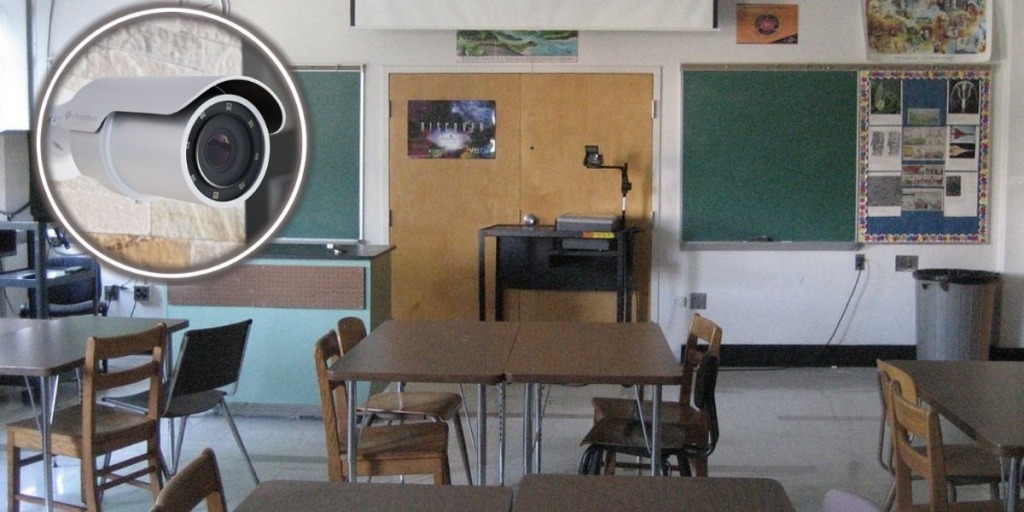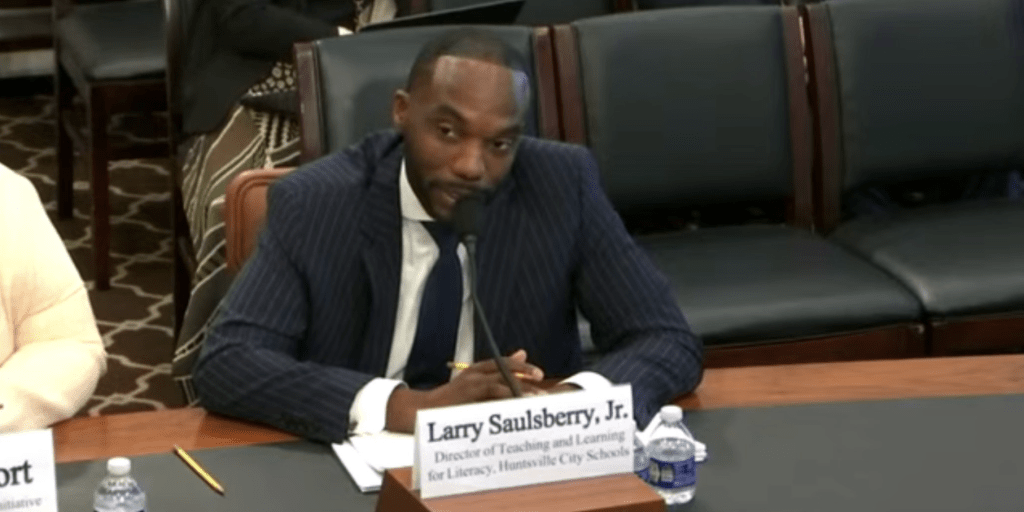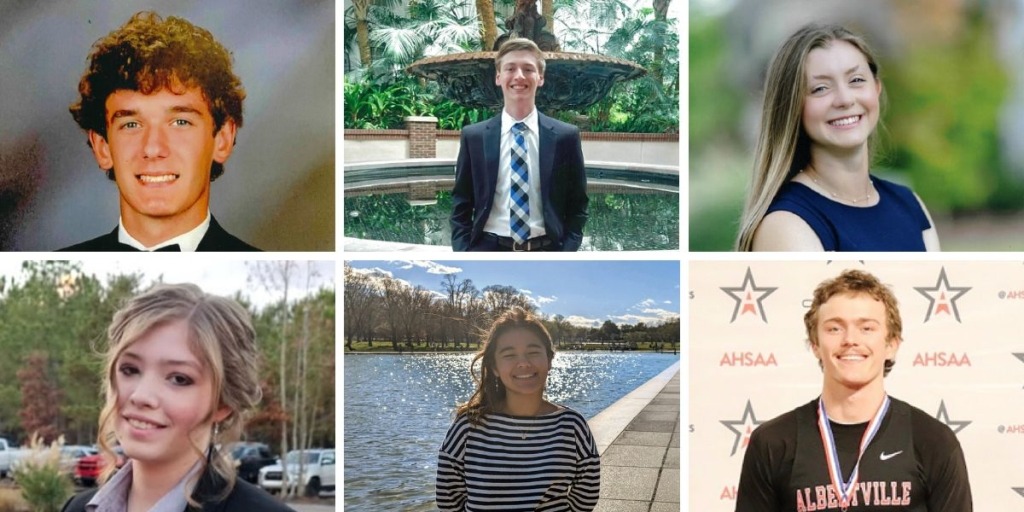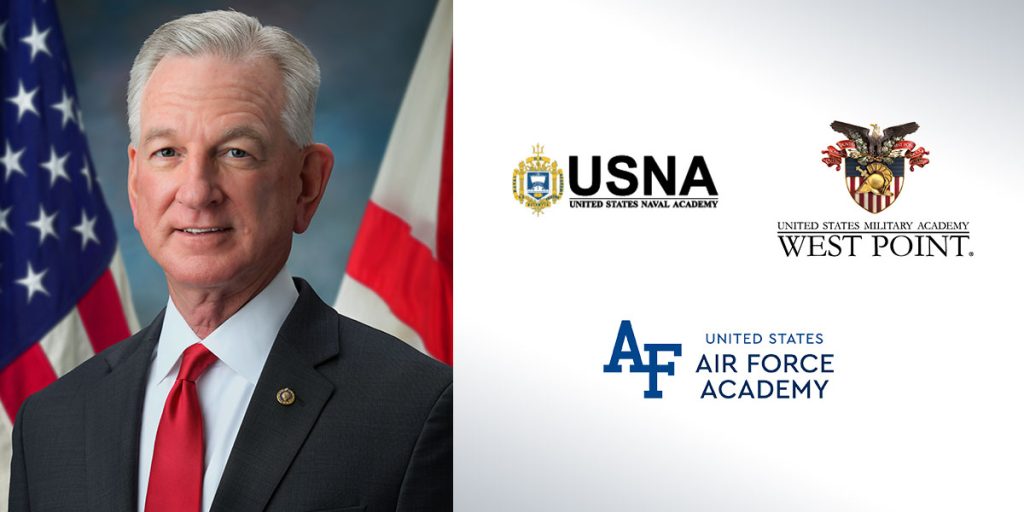ROGERSVILLE — When about 100 first graders from Brooks Elementary School in Lauderdale County excitedly stepped off three yellow school buses for an educational program at Joe Wheeler State Park in early May, they probably weren’t thinking about Teddy Roosevelt, but they were about to get an up-close experience with what America’s 26th president called “the wonder-book of nature.”
Very close.
As the students participated in an education session about connecting with nature by using their senses called “Sounds, Sights and Smells,” they knelt on the grass and lowered their faces just inches from the ground.
“I hear bugs crawling!” said one.
“I see clover!” said another.
“I can smell fresh dirt!” cried a third.
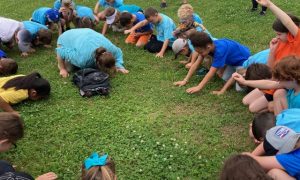
A few minutes later, as they gathered at a pavilion in the park’s day use area, another close encounter with nature awaited them.
“Snakes! How cute!” squealed a delighted first grader in a pink dress, as Lazarus, a four-foot long kingsnake, made an appearance and the children – eager arms outstretched – got the chance to touch him.
The Brooks Elementary School field trip – and dozens of others like it for Alabama K-12 school children – is just one part of the Alabama State Parks System’s Statewide Interpretive Program.
“When students engage in outdoor learning they are stimulated in many ways – observing, exercising, communicating, and imagining – all while having lots of fun,” explained Renee Simmons Raney, Chief of Interpretation and Education for Alabama State Parks. “Learning flows easily as they connect with nature. They notice the tiny creatures that creep and crawl and discern the many shades of greens and browns, the feel of the air and sun, and the fragrances of wild places.
“Touching and admiring lichens, mosses, rocks, tree bark, and meeting our ‘creature teachers’ such as snakes, turtles, and birds brings a deeper connection and a comfortable fearlessness in the natural world,” she continued. “We are inspiring a future generation of natural resources scientists.”
The Statewide Interpretive Program immerses park visitors of all ages in the beauty and diversity of Alabama’s outdoors. Through a team of creative and dedicated interpreters, this program educates park guests and surrounding communities about natural world and its benefits to all people.
In addition to K-12 field trip adventures in parks, Raney said that the interpretive program provides teacher workshops, partners with colleges and universities to offer outreach programs on campus, and mentors student interns.
Furthermore, the program offers day-use activities ranging from hikes to fishing to fairy house building to nature journaling, as well as immersive overnight programs that focus on nature-based wellness, explore Alabama’s natural history and cultural heritage, increase environmental literacy, or provide unique art-themed experiences.
Like all operations of Alabama State Parks, the Statewide Interpretive Program relies entirely on revenue generated by park visitors and other supporters.
“Every dime spent in a park supports the operations of that park,” said Raney. “Staying overnight, paying park admission, and volunteering your time, keeps your parks open to millions of guests each year. In addition, the advance of state park educational programs depends upon the generosity of many businesses and corporations making contributions through the Alabama State Parks Foundation, as well as grant funding.”
The goal is for all 21 state parks in Alabama to be environmental education providers, and Raney likened the work of the Statewide Interpretive Program and the park naturalists who guide it to helping patrons at a library or bookstore who do not know the language the books are written in.
“Oftentimes, a visitor enters a state park much like someone walks into a library or bookstore,” Raney said. “They see hundreds of diverse books, they admire the covers, but what if those books are in a language they don’t understand? Your Alabama State Parks educational team understands the wonder-book of nature. We know the stories of flora, fauna, ecoregions, and the amazing biodiversity of our state. We interpret the ‘stories’ into the ‘language’ of each visitor to create inclusive and accessible experiences for all park guests.
“This experience may include public programs, field trips, guided activities, enriched self-guided opportunities, or unique interpretive nature centers, museums, themed gardens, and enhanced trails. Because the program levels range from preschool to adults, our educational team must be adaptable, using professional skills, knowledge, and passion for the natural resources to craft programs that resonate with everyone. We strive to share this wonder-book of nature with our guests in a manner that fosters lifelong heart-to-park connections.”
In 2024, more than 4,000 interpretive programs will be offered at Alabama State Parks throughout the year, and the number of programs and participants has grown significantly.
“Because state parks have increased statewide educational staff, we have seen a 73 percent increase in park program attendance and a 46 percent increase in the number of programs provided over the past year. That’s impressive because it means our guests desire and support educational programming in their parks,” said Raney. “Our interpretive team believes that our statewide environmental education presence will grow even more as funding increases.”
Chris Blankenship, commissioner of the Alabama Department of Conservation and Natural Resources, notes these milestones are worth celebrating because education is a big part of the mission of Alabama State Parks.
“Our mission statement says clearly that one of the reasons our state parks exist is to extend the public’s knowledge of Alabama’s natural environment,” he said. “Through the wide variety of education programs and activities offered by the Statewide Interpretive Program, we’re providing opportunities for personal growth and development, healthier lifestyles and a connection to nature that enhances people’s quality of life.”
The Commissioner is quick to note that the current and future growth of the interpretive program is possible only through funding provided by park supporters: those who visit Alabama’s State Parks, purchase Alabama State Parks car tags and personalized boat decals or contributions made by individuals or corporate donations through the Alabama State Parks Foundation.
“It’s important to remember that 100 percent of the day-to-day operational funding for our State Parks is generated by user fees for lodging, entrance, golf, campsites and other amenities paid by guests. We do not rely on the taxpayers for funding,” Blankenship said. “So, every time someone visits a park, makes a donation, or buys a State Parks car tag or a boat registration personalized decal, it helps to fund our education programs.”
Eighty percent of the cost of an Alabama State Parks car or boat tag provides a revenue stream that helps fund the interpretive program and other State Parks projects.
In addition, the Alabama State Parks Foundation, a non-profit organization formed in 2018, allows individuals and corporate partners to enhance park programming, facilities and experiences. The Foundation is the first statewide non-profit dedicated to supporting the Alabama State Parks system, and its board of directors includes leaders from business, education, non-profits, and state and local governments.
Founding board member Steve Jones said the Foundation has been instrumental in focusing support on educational programs.
“When I think of the mission of the park system, it’s a three-legged stool. It’s recreation, conservation and education,” he said. “My role on the board is to always remind my fellow board members of those three different legs, and how the education component is essential if our parks are to have the vibrant future we all want for them. With the education/interpretive program, we’re engaging and connecting people with the core ideas of ecology and stewardship so they can read and enjoy the ‘wonder-book’ that Teddy Roosevelt spoke about. We can instill a lifelong passion for nature.”
That passion for nature and environmental education is personified in Jennings Earnest, the Park Naturalist at Joe Wheeler State Park.
“I love getting to do my job every single day. I get to teach people everything about every aspect of the park. The animals, the trees, the plants, the wildlife,” said Earnest. “We have 2,550 acres at Joe Wheeler State Park and I get to explore every part of it.”
Earnest said he’s cried only twice as an adult: when his grandfather died and when he got a text from Raney saying he was being hired as a park naturalist.
“I’m just very passionate about my job,” he explained. “I want everybody’s experience the first time in the park to be like my experience the first time I caught a largemouth bass. I want that same excitement for them. When somebody comes to the park – it may be their 100th time here – I want to tell them something about the park they’ve never known before.”
Earnest said the diverse range of activities offered through the interpretive program – from fishing classes to bird hikes, alligator experiences, sensory hikes, fossil explorations, environmental art programs, and many, many more – is exciting because it “gets people out and gets them moving.”
Raney noted that Earnest is describing how education – one leg of the “three-legged stool” that Foundation board member Steve Jones discussed – reinforces the other two legs, conservation and recreation.
“Without educational opportunities, visitors won’t fully understand the importance of conservation or enjoy unique opportunities for recreation,” said Raney. “We want everyone to enjoy these state park experiences.
“My parents appreciated the beauty of public lands, so I grew up exploring this natural wonderland known as Alabama State Parks with my family. My childhood experiences included hiking on the highest mountains at Cheaha, swimming in the Little River at DeSoto, camping and fishing at Lake Guntersville, and building sandcastles on the pristine Gulf beach. My love for these beautiful places inspired me to pursue a career in conservation, dedicate 30 years to providing environmental education in Alabama, and to become the first Chief of Interpretation and Education for Alabama State Parks.”
Making sure park visitors don’t miss those experiences is why expanding the Statewide Interpretive Program is critical, said Raney.
“We hope to expand environmental education in parks by increasing the number of park educational staff and by developing more outdoor classroom areas statewide. Despite doubling our historic number of Naturalists, we currently have only eight park naturalists serving specific parks, which leaves 13 state parks without an onsite educator,” she said.
Raney emphasized that by implementing these measures, all visitors to Alabama’s state parks, regardless of age, will discover these “tiny moments of magic” that stem from connecting with and learning about Alabama’s natural environment.
Those magical moments certainly resonated with the first graders of Brooks Elementary School following their field trip.
Many said it was their first time in Joe Wheeler State Park, but all said they were eager to return, and they planned to bring family members with them the next time.
“It was fun!” said student Redus Wilson, who wants to come back to the park and “see more animals.”
Colt Dunagan said the hike that was part of the “Sounds, Sights and Smells” experience was his favorite part of the field trip, adding, “The snakes were cool, too.”
First-grader Creed Morrow summed up the day with a succinct review: “It was a 10 out of 10!”
The Brooks Elementary students’ field trip – and field trips like it for approximately 5,000 students across the state — was made possible through the generous support of The Caring Foundation of Blue Cross and Blue Shield Alabama.
“That’s an example of Alabama’s business community really stepping up and supporting our mission,” said Alabama State Parks Director Greg Lein. “When individuals and businesses donate to the Alabama State Parks Foundation, or when people visit our parks or purchase a car tag or boat decal – that’s what makes it possible for us to offer educational opportunities, hire park naturalists, restore natural habitats within the parks and provide new and improved amenities. To all the supporters who have already bought a car tag or contributed through the State Parks Foundation, we’re truly grateful for all the support. Those contributions, and the ones that will come in the future, are making a tremendous positive change in our parks’ education programs.”
Those who want more information on the Alabama State Parks Foundation or to make a donation can go online and visit www.asparksfoundation.org.
Information about purchasing an Alabama State Parks car or boat tag can be found at www.alapark.com/car-and-boat-tag-registration.
For a list of education opportunities offered by the Statewide Interpretive Program throughout Alabama, please visit the program and events calendar at https://reserve.alapark.com/register/.
To stay, play, and explore naturally in Alabama State Parks, make your reservations today through the Plan Your Adventure Online portal at https://www.alapark.com/.



